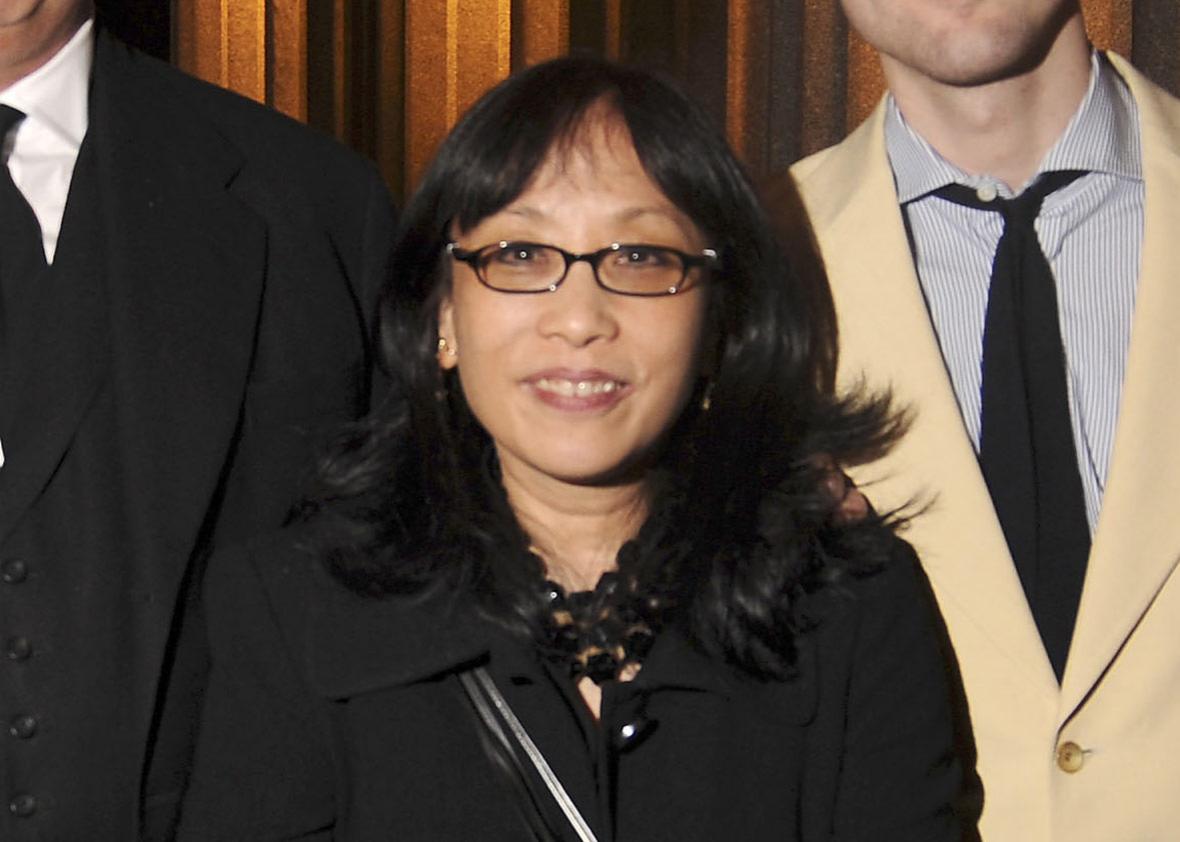Longtime New York Times books critic Michiko Kakutani is moving on to focus on other projects, she confirmed on Thursday, after 38 years at the newspaper. During those close to four fearsome decades at the Times, Kakutani was perhaps best known for her biting takedowns of novels by the likes of Norman Mailer, Nick Hornby, and Zadie Smith—so well-known, in fact, that her name became a verb, and publishers have referred to her negative reviews as “getting Kakutani’ed.”
You don’t get to where Kakutani was without ruffling a few authors’ feathers, and plenty of Kakutani’s objects of criticism snapped back. Here are some of the snippiest.
Nicholson Baker
Kakutani called Baker’s A Box of Matches “derivative,” “eye-glazing,” and “a dead end” in her review. Baker reacted (good-naturedly) by saying: “There’s such a pleasure in the writing of the book,” he said. “And then there’s this period later on when you think, Michiko’s review is coming up.”
He added: “It was like having my liver taken out without anaesthesia.”
David Foster Wallace
Kakutani called Infinite Jest “a vast, encyclopedic compendium of whatever seems to have crossed Mr. Wallace’s mind” that “often seems like an excuse for Mr. Wallace to simply show off his remarkable skills as a writer and empty the contents of his restless mind.” Wallace responded by obliquely referring to her in an interview as “a very charming Japanese lady from the New York Times.”
Jonathan Franzen
Franzen called Kakutani “tone deaf and humorless” in 2006 after she wrote a scathing review of his memoir, The Discomfort Zone. “Just why anyone would be interested in pages and pages about this unhappy relationship or the self-important and self-promoting contents of Mr. Franzen’s mind remains something of a mystery,” she wrote.
In 2008, the author also called her “the stupidest person in New York City” during a discussion at Harvard University.
Susan Sontag
Kakutani wrote that the revelations in Regarding the Pain of Others were “belated and common-sense statements of the obvious.” And Sontag did not mince words when returning fire: “Her criticisms of my books are stupid and shallow and not to the point.”
John Updike
Kakutani called Toward the End of Time “callous and perfunctory,” full of “cartoonish caricature[s],” and referred to Villages as “a novel that amounts to little more than a weary exercise in the recycling of frayed and shop-worn material.” Updike, in turn, told Steve Paulson in 2005 that he expected little from “professional reviewers like Michiko Kakutani, who handles so many books that there’s a secret hatred of all books that runs through, or a wish to dismiss.”
Norman Mailer
Kakutani was one of Mailer’s harshest critics over the years. But it was her review of The Gospel According to the Son, in which she labeled it “a silly, self-important and at times inadvertently comical book,” that seemed to push Mailer over the edge. In a summer 2005 Rolling Stone interview, the author infamously called Kakutani a “one-woman kamikaze.”
She disdains white male writers, and I am her number one favorite target. She trashes it just to hurt sales and embarrass the author. But the Times editors can’t fire her. They’re terrified of her.
He went on to suggest that Kakutani’s presence at the Times was tokenism: “With discrimination rules and such, well, she’s a threefer: Asiatic, feminist and, ah, what’s the third? Well. Let’s just call her a twofer.”
